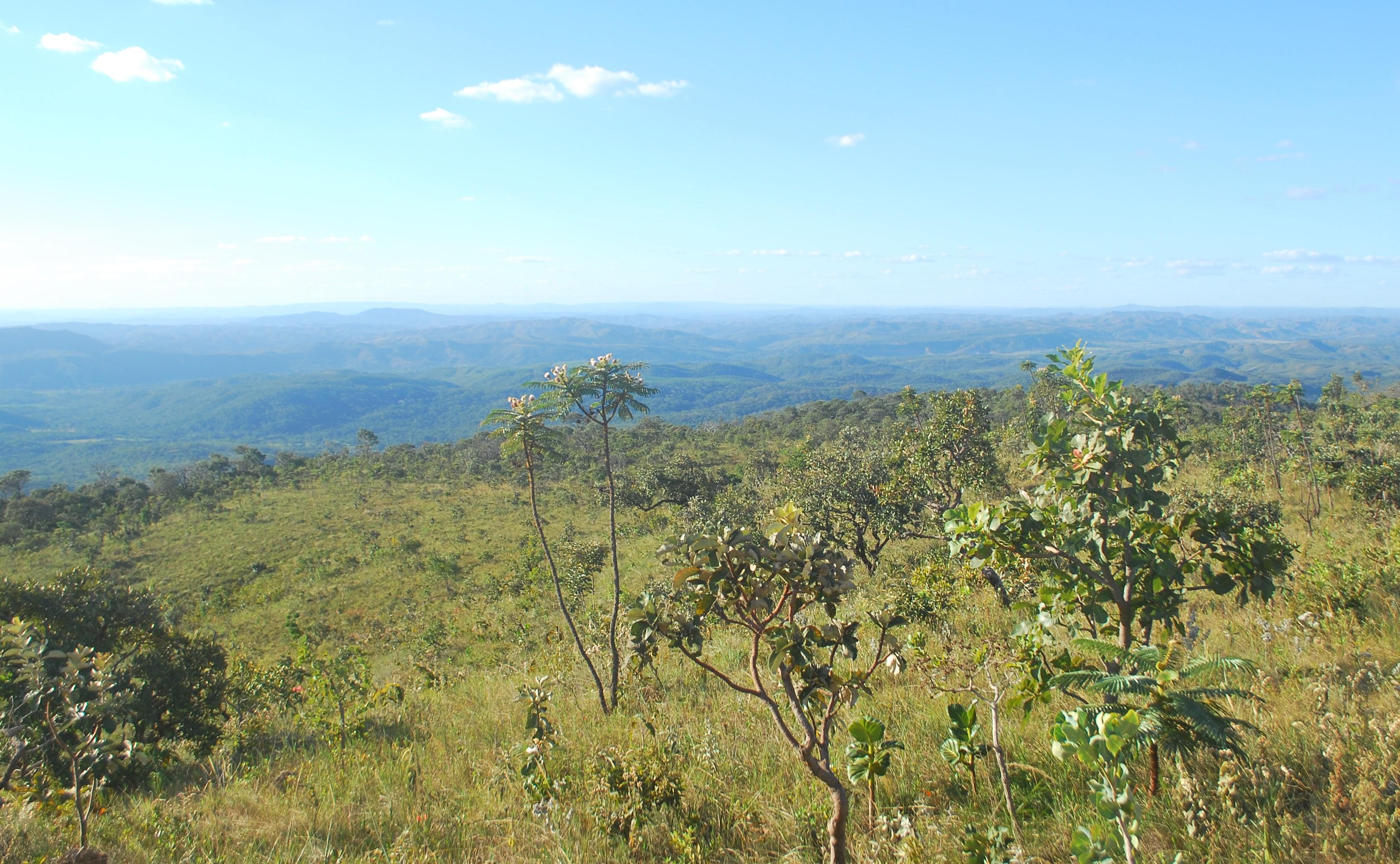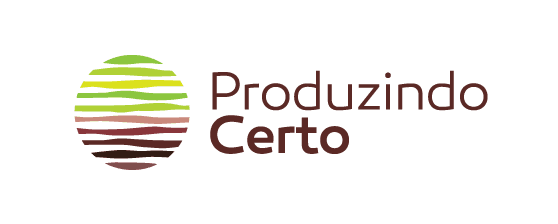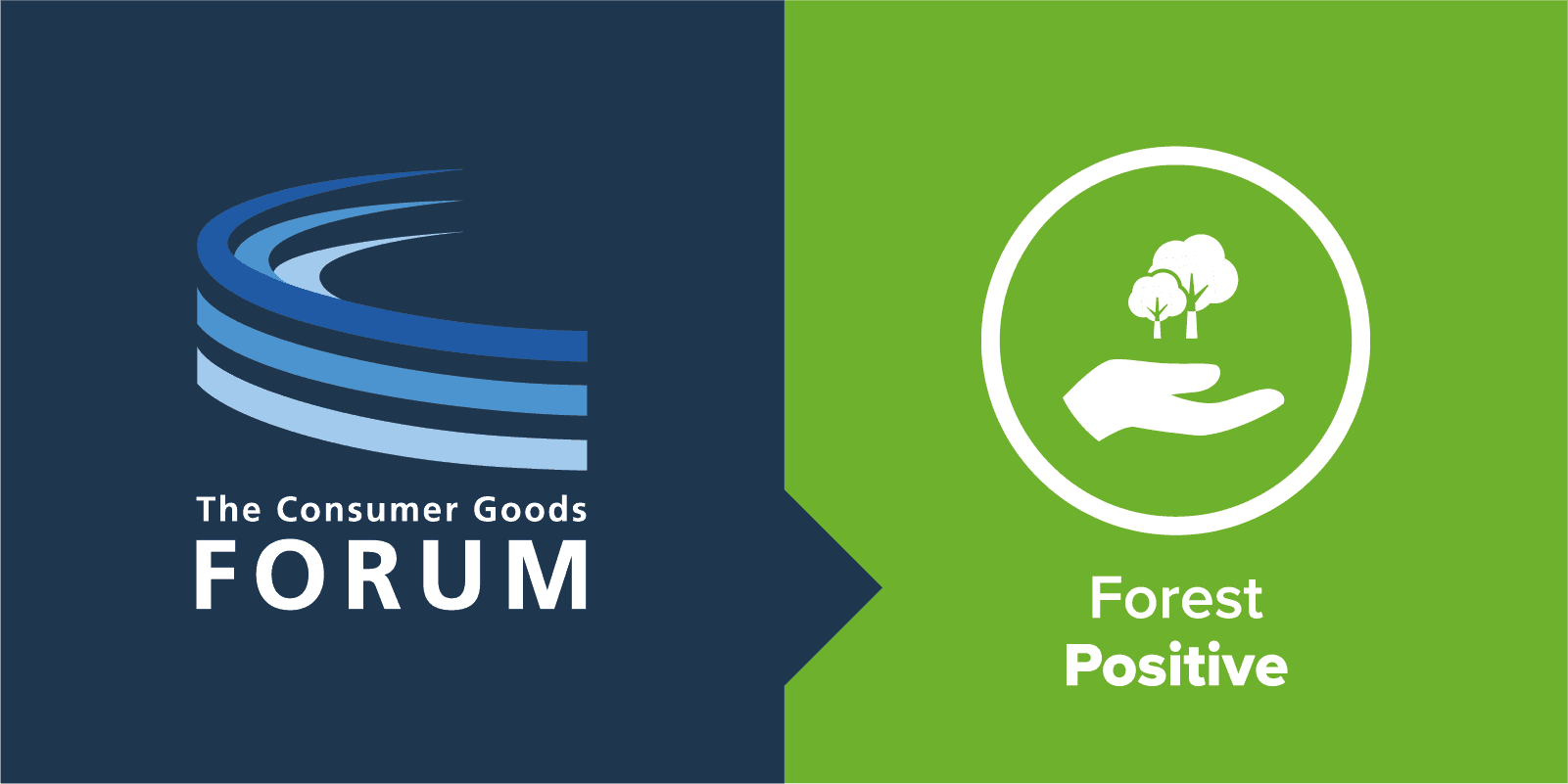
About
Brazil is one of the largest soybean producing countries in the world. Mato Grosso is the largest soybean producing state in Brazil and its western region is comprised of areas with the largest soybean production, in addition to the history of recent conversion of native vegetation to soybeans in the Cerrado biome, the second largest biome in South America.
The Western Mato Grosso Landscape Initiative is formed by a consortium of institutions including IPAM, the PCI Institute, Produzindo Certo and Proforest, with the aim of implementing the PCI (Produce, Conserve and Include) Mato Grosso State level strategy into the sub-region of Western Mato Grosso and to scaling up a sustainable soy production model. This landscape includes 6 municipalities: Sapezal, Campo Novo do Parecis, Campos de Júlio, Tangará da Serra, Diamantino and Alto Paraguai, which accounts for 4.3% of Brazil's soybean production, that is, 5 million tons per year (2020 data). The region has been prioritised by initiatives in the soy sector focused on eliminating deforestation from soy production, such as the Soft Commodities Forum (SCF), made up of six major traders, and the Forest Positive Coalition (FPC), made up of 21 consumer goods companies (CGF). Together with the Land Innovation Fund (LIF), some of the members of these initiatives finance the activities within the Western Mato Grosso Landscape Initiative.
The initiative's strategy has four pillars: Governance, Produce, Conserve and Include.
- Governance: Establish governance groups and local targets, aligned with state level PCI, and strategies to reduce emissions (Low Carbon Agriculture).
- Produce: Increasing agricultural productivity, storing carbon and improving property management and producer income.
- Conserve: Conserving, protecting and restoring native vegetation through economic incentives, technical assistance and support for producers.
- Include: Promoting the inclusion of small producers, Indigenous Peoples and Traditional communities.
Considering these concepts of each pillar, goals were established for 2025, but the consortium partners are already working towards more investments to continue the actions within the initiative until 2030.
This initiative is part of the list of initiatives that receive additional funding from Consumer Goods Forum (CGF) Forest Positive Coalition of Action (FPC) members.




